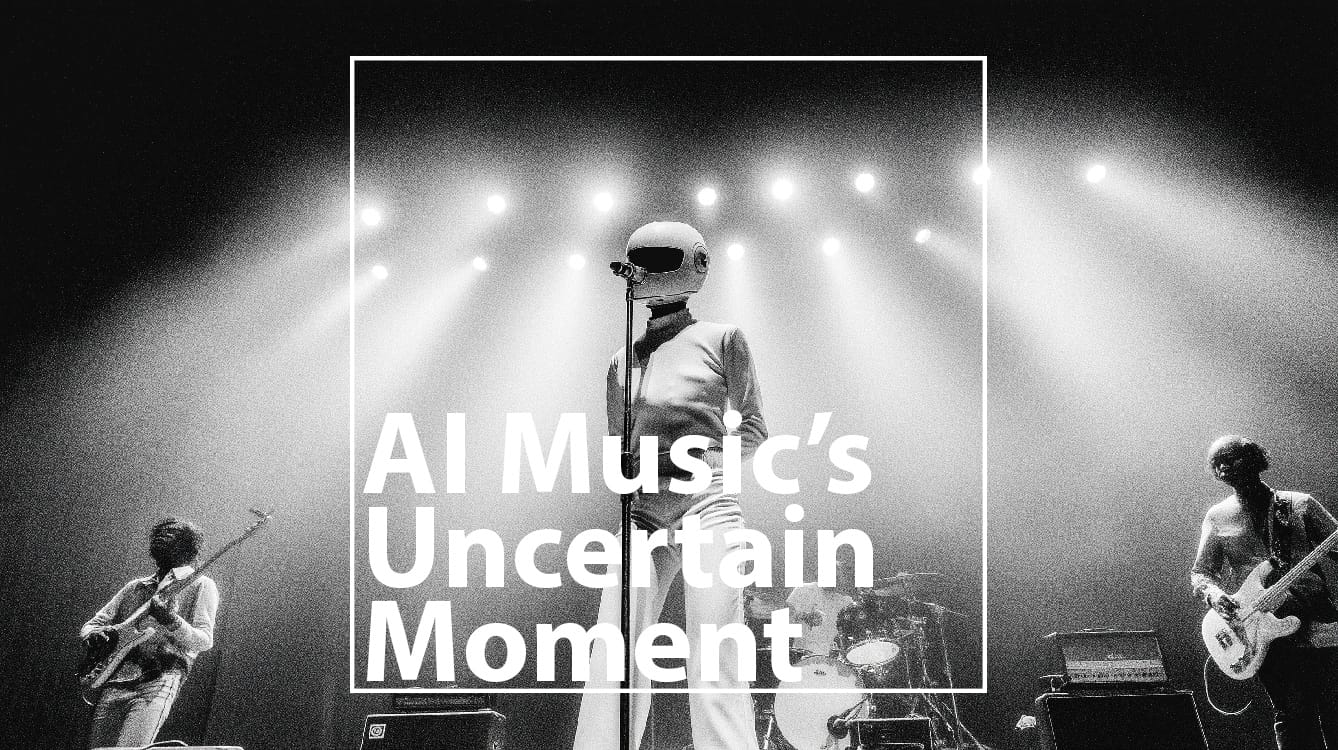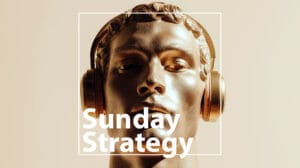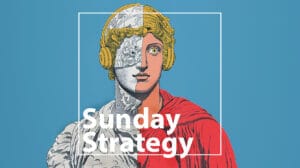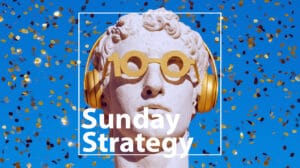AI Generated music may be familiar to some and a novelty to others, but its time is rapidly arriving. Just look at 60s style rock band ‘The Velvet Sundown’ which has amassed over a million streams on Spotify, despite not existing. The ‘Velvet Sundown’s songs evoke retro rock vibes reminiscent of Creedence Clearwater Revival or Fleetwood Mac, but behind the curtain are AI tools producing the lyrics, vocals, and instrumentals and more clearly the album art and visuals. As AI music has further developed, with sites like Suno navigating an onslaught of lawsuits and brokering licensing deals, it is inevitable that the line between human and AI generated music blurred further.
The Risk is Certain and Unavoidable to Artists
While previous generative AI music acts have existed, from Aventhis to ‘The Devil Inside’ and banned tracks using generative AI to mash together artists like Drake and The Weeknd, coverage and uncertainty around the provenance of ‘The Velvet Sundown’, may serve as a wake up call for how we think about AI and music. For independent musicians already struggling with razor-thin streaming payouts (Spotify pays only around $0.003–$0.005 per stream on average), the prospect of competing against machines that can pump out songs at superhuman speed is alarming.
‘The Velvet Sundown’ have already generated two albums in months and look to launch a third shortly. While some artists like Grimes, have actually embraced the shift and made many assets available in an attempt to share royalties, most see this as an existential threat on an already challenging industry. However, the power to reconcile this lies elsewhere from musicians.
Platforms are Reaching a Policy Moment with No Clear Position
Public taste on AI generated music has yet to fully define itself, however, ‘The Velvet Sundown’ shows that artists and platforms need to shape their policy on AI music now. Pressure from publishers like UMG have yet to create a unified response, despite a 2023 description of platform’s responsibility by one music publisher as “a fundamental legal and ethical responsibility to prevent the use of their services in ways that harm artists”. Since then, some platforms like Deezer have labelled AI music and ROKK has banned it, but Spotify and others have been more permissive and ambiguous. YouTube has even created an AI music incubator, while attempting to create principles that balance artist and creator rights.
Consumers are Uncertain What AI Music Can Be
Amongst these mixed platform positions, consumer response is so far uncertain. A 2024 YouGov study shows US consumers are concerned about: a lack of originality (cited by 59% of Americans), reduction in employment opportunities for human musicians (55%), and ethical or legal issues like copyright infringement (another 55%), with 47% of Americans saying they were uninterested in AI generated music.
Whether this represents true opposition or the absence of a proper push into the possibility of the technology is open to debate, especially as half of Gen Z say they’re open to AI music and their favorite artists using it. Suno is undeniably an intriguing hub of music at the moment and new features allow artists to upload actual music to build on it.
Clarity and Certainty Is Needed for AI Music to Grow
The largest issue may not be AI use, but clear labelling of it. 90% of consumers want clear labelling for AI music and 66% believe that they can’t spot AI generated music. Uncertainty around if ‘The Velvet Sundown’ exists may be harming its music as much as the wider issue of AI generated music. With clarity on the artist, artificial musicians may have a better chance at establishing themselves.
While the lack of humanity may seem to limit fan relationships, 66% of people said they wouldn’t attend an AI concert in 2024, synthetic concerts like London’s ABBA Voyage show that artificial music may have avenues beyond basic content if they can build new types of relationships. 1.1m people reportedly visited the ABBA experience in 2023 and while there is resistance to supporting a ‘ghost band’ invented from nothing, technology is creating an opportunity to make a different, more certain type of artist relationship over time.
AI Music’s Future Could Be Additive and Not an Alternative
Instead of seeing AI music as a replacement for humans, its role may become akin to autotune in completing parts of organically created songs and, when completely artificial, seen as a new genre. When fans know what they’re supporting and understand more about how the art they love it created – AI becomes an opportunity to provide something new. For a music industry already struggling with basic economics, more intention and certainty about what AI can be is needed for both artists and fans.





